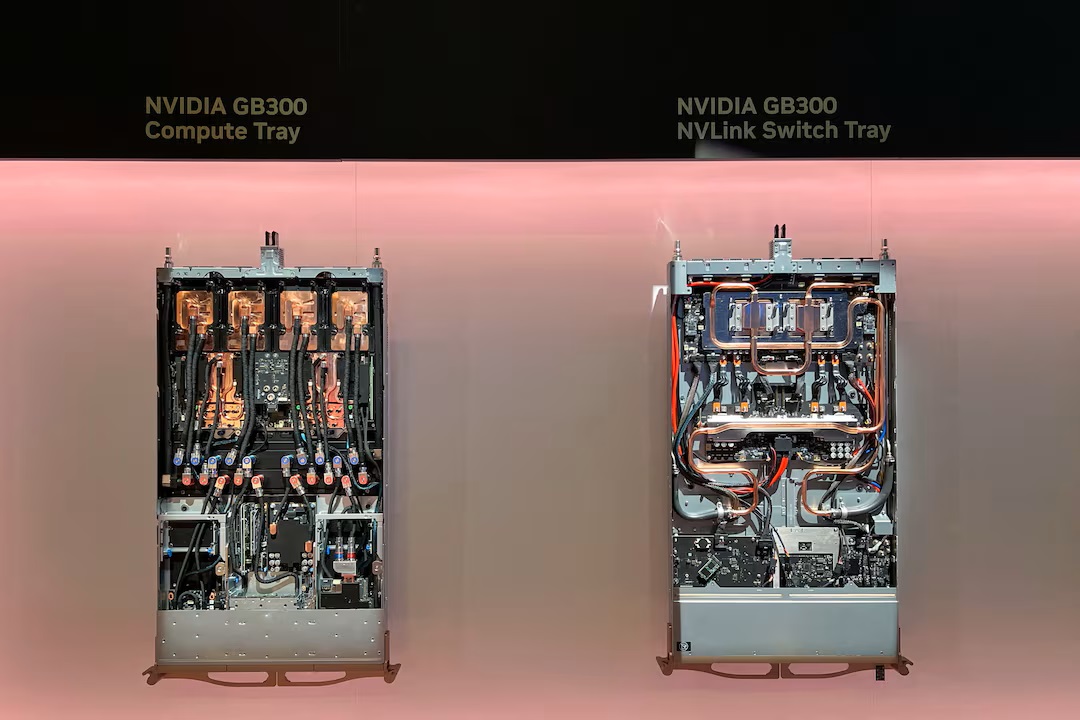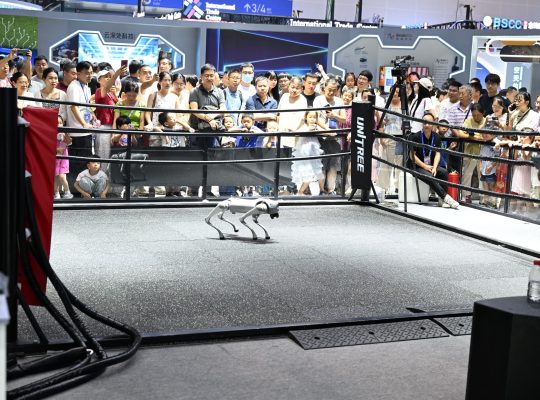# Legislation to Track AI Chip Locations Proposed by U.S. Lawmaker
A U.S. lawmaker is preparing to introduce legislation in the coming weeks aimed at verifying the location of artificial intelligence chips, particularly those produced by Nvidia, after they are sold. This legislative effort has garnered bipartisan support and seeks to address concerns regarding the smuggling of Nvidia’s chips into China, which contravenes U.S. export control laws.
## Importance of Nvidia’s Chips
Nvidia’s chips are essential components in the development of AI systems, including chatbots, image generators, and specialized applications. The company has reported generating $17 billion in revenue from China in its last fiscal year, which accounts for 13% of its total sales. However, numerous reports indicate that chips have continued to flow into China despite U.S. sanctions. Nvidia has indicated challenges in tracking its products post-sale.
## Proposed Legislation
U.S. Representative Bill Foster, a Democrat from Illinois and former particle physicist, plans to introduce a bill that directs U.S. regulators to establish rules for:
– **Tracking Chips**: Ensuring chips are in authorized locations under export control licenses.
– **Boot-Up Prevention**: Prohibiting chips from operating if they are not properly licensed.
Foster emphasizes the need for immediate action, citing credible reports of large-scale chip smuggling. He warns that the Chinese Communist Party could leverage these chips for advanced military applications.
## Bipartisan Support for Regulations
The proposed legislation has garnered support from various lawmakers, including fellow Democrats and Republicans, with a shared belief in the urgency of addressing chip smuggling. Representative Raja Krishnamoorthi supports on-chip location verification as a viable solution.
The U.S. Department of Commerce would be tasked with creating regulations within six months to implement the technology required for location tracking.
## Verification Technology
Current technology exists to verify the locations of AI chips. For instance, Google tracks its own in-house AI chips within its data centers as a security measure. This technology relies on chips communicating with secure servers to determine their location based on the time taken for signals to reach the server.
Tim Fist, a former engineer, notes that such tracking will provide vital information that could help the Bureau of Industry and Security target its investigations more effectively.
## Future Discussions
While the boot-up prevention feature poses more technical challenges than location verification, Foster believes that discussions with chip manufacturers should begin promptly to explore possible implementations.
This legislation represents a critical step toward safeguarding U.S. technology and ensuring that AI chips are not misused in ways that could threaten national security.












